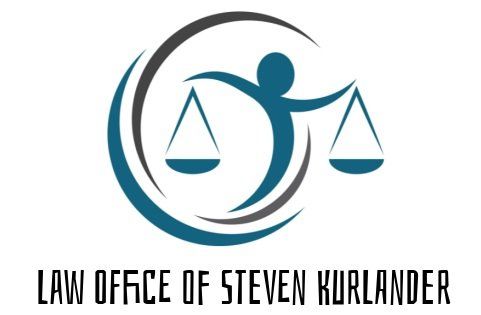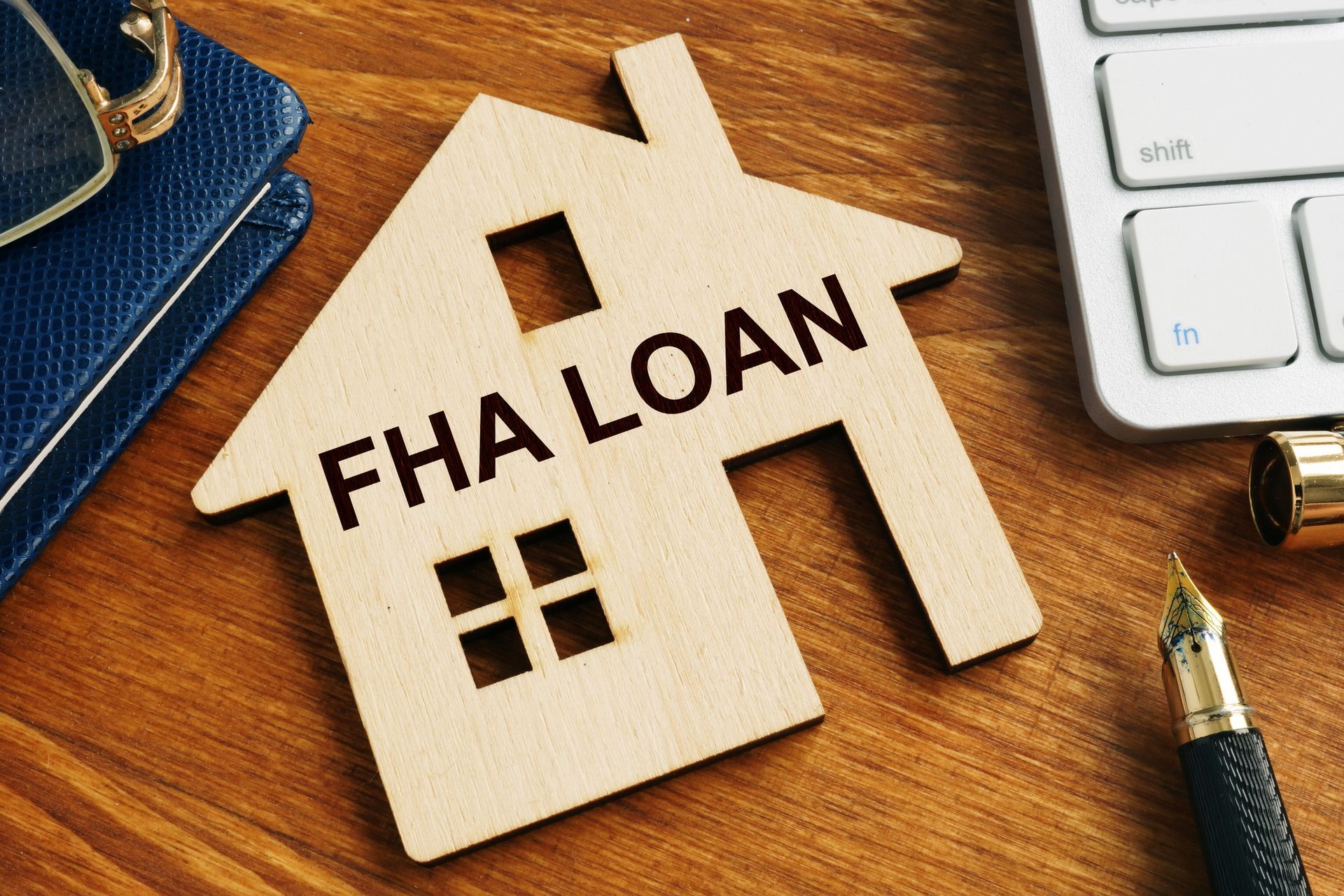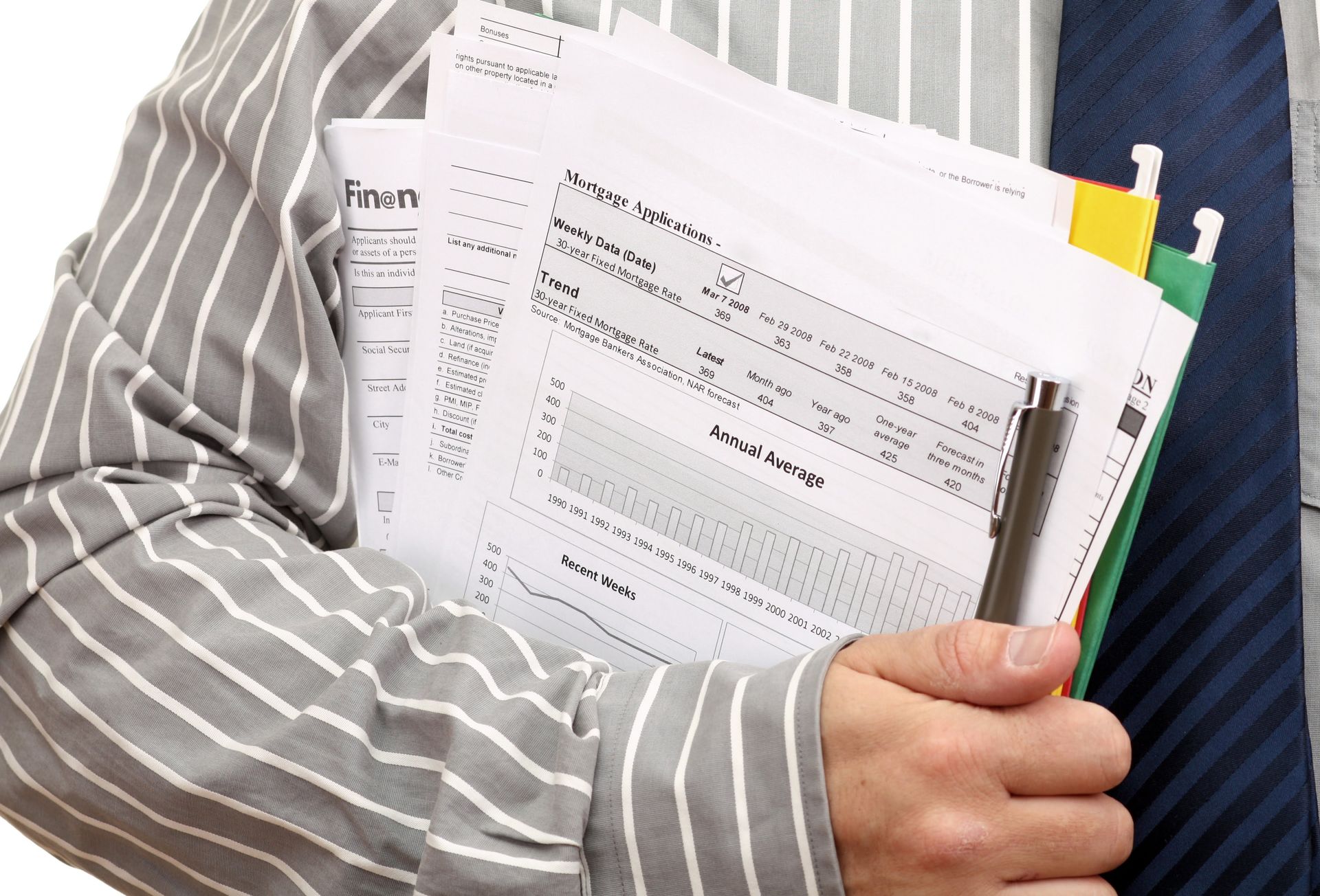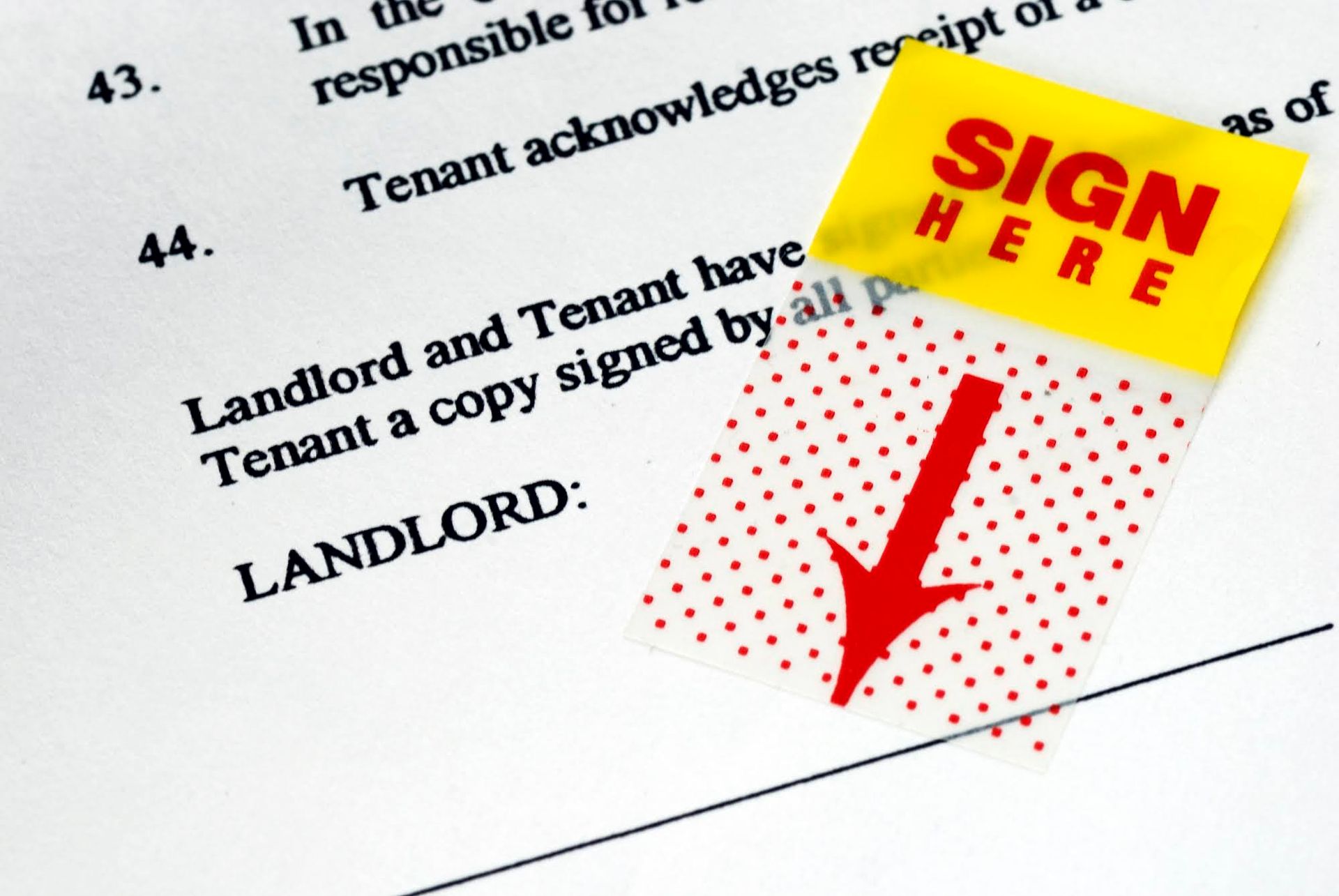Call or Text: 845-796-8948
Which Type of Home Mortgage Is Best for You?
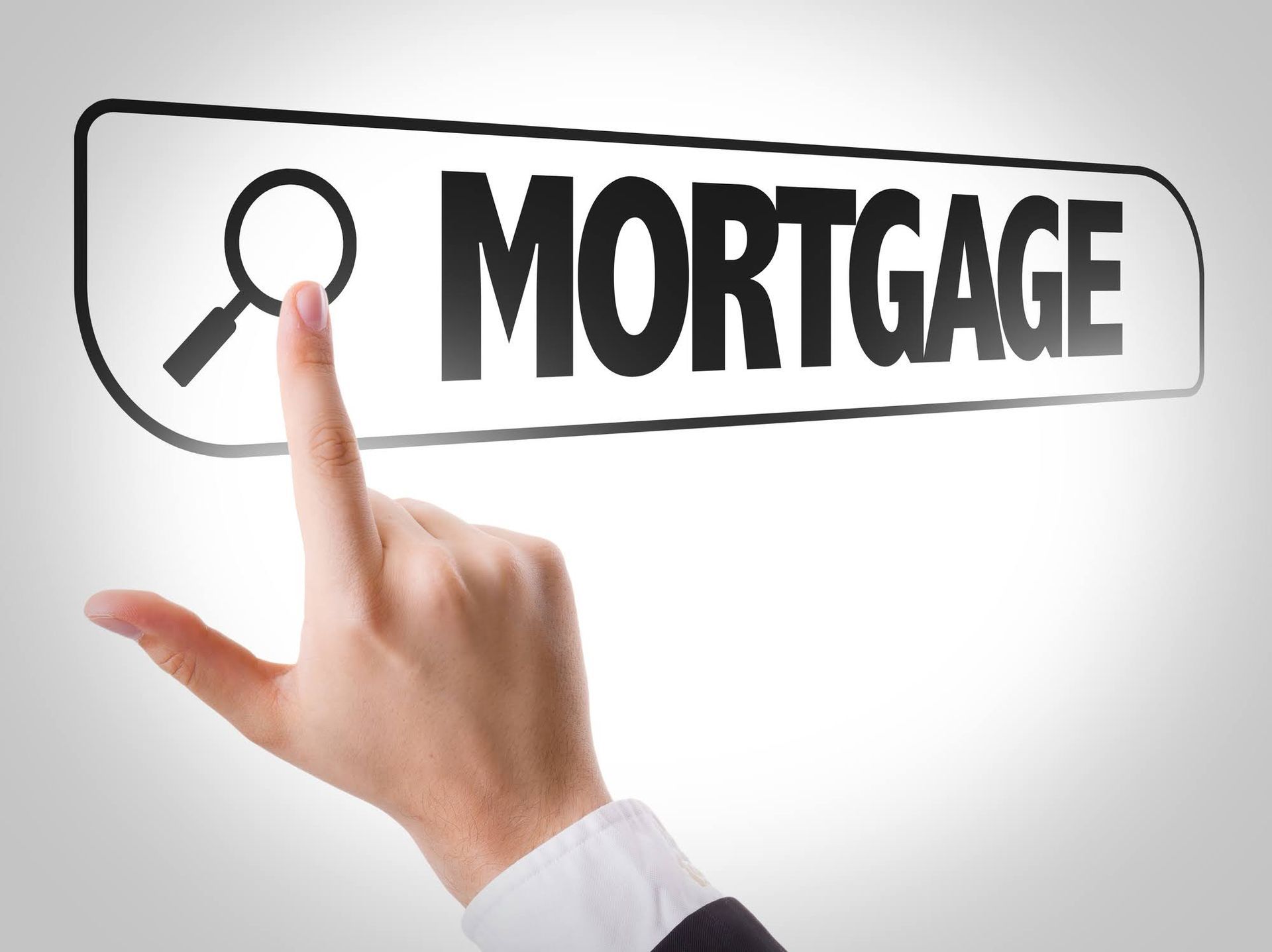
Many Americans apply for mortgages to afford their dream home. The process can be overwhelming, especially when considering the best mortgage option for your needs. This blog will help you weigh the pros and cons of various mortgages.
Conventional Mortgage
A conventional mortgage is not backed by the government, and while they are common, you must meet certain requirements like having an appropriate credit score and debt-to-income ratio. In addition, you can have a low down payment; but if the down payment is below 20 percent, you usually need to purchase mortgage insurance.
The types of conventional loans include conforming and non-conforming. Conforming loans follow rules set forth by the government and companies like Fannie Mae or others that back loans. There is a limit on how much you can borrow with a conforming conventional loan. If you want a loan for more than about $726,000, you'll need to consider a non-conforming loan. These are less standardized, so prices and eligibility can vary.
Fixed-Rate Mortgage
A fixed-rate mortgage can be a conventional loan, or it can be one backed by the government. Ultimately, however, a fixed-rate mortgage has a fixed interest rate. Therefore, unless you refinance, the interest rate can't change, making it easier to budget your mortgage in the long run because your mortgage should cost the same every month.
When you start repaying the loan, however, much more money goes toward the interest than the principal. The biggest downside to a fixed-rate mortgage is that if the national mortgage interest rates drastically fall, you cannot change yours unless you refinance.
Adjustable-Rate Mortgage
Like fixed-rate loans, adjustable-rate mortgages can be conventional or backed by the government. Unlike a fixed-rate mortgage, however, the interest rate changes based on many factors, including current industry standards. For this reason, your mortgage bill may increase or decrease throughout the course of repayment.
Many people choose adjustable-rate mortgages because the initial interest rate starts much lower than industry standards. This makes it possible to get a bigger loan or save money after using your savings for the down payment.
FHA Mortgage
An FHA mortgage is backed by the government. This means there is less risk to lenders. An FHA loan may be a good idea if you don't qualify for a conventional loan because of a poor credit score or little down payment. In fact, you may only need a 3.5 percent down payment if your credit score is at least 580.
On the downside, however, you must purchase mortgage insurance. With a conventional loan, mortgage insurance is only required if you don't have 20 percent equity in the house. Equity comes from the down payment, but it also builds slowly each month. With an FHA loan, regardless of how much equity you have, you must pay mortgage insurance.
VA Mortgage
A VA mortgage is only provided to veterans, active service members, and eligible surviving spouses. Like FHA mortgages, they are backed by the government and purchased via private insurance carriers. If you qualify for a VA loan, you get amazing benefits.
For starters, you don't have to pay any down payment. On top of that, regardless of the down payment, you don't need to worry about paying for mortgage insurance. Plus, lenders keep interest rates low and have little closing costs.
There are different types of VA loans. For example, veterans with permanent disabilities may benefit from adaptive housing grants, and a Native American veteran can consider the Native American Direct Loan Program.
Owning a home can be a rewarding investment. However, there is also a lot of red tape and legally binding documents. If you're looking for a new home and need a mortgage, an attorney can help. If you would like to know more or talk about which type of loan may be best for your financial needs, contact us at the Law Office of Steven Kurlander.
Phone: 845-796-8948 • Email: skurlanderesq@gmail.com • Address: 110 Bridgeville Rd, Suite 1, Monticello, New York 12701
Find Us On:
